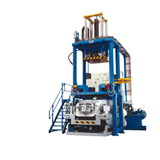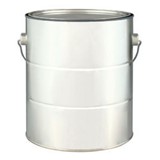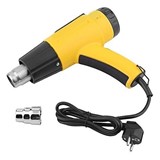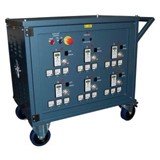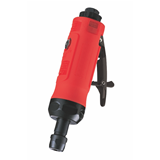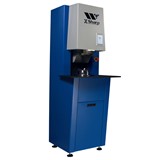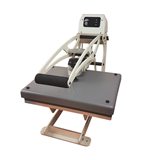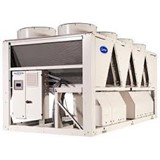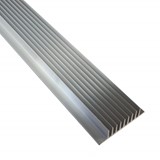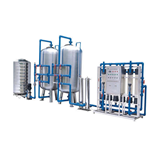CSIRO
While heat treatment is commonly used to strengthen wrought and other cast aluminium parts, it has previously not been practical for high-pressure die castings.
"Conventional heat treatment processes applied to HPDC components cause major blistering and distortion, that occurs when air bubbles trapped under pressure during casting expand as they are heated. This ruins the parts" says Dr Roger Lumley, leader of a Light Metals Flagship research team.
"We have developed a heat treatment procedure that provides large strength improvements and an excellent surface finish, without blistering or distortion" he says.
Trials at the CSIRO's laboratories have shown that the new heat treatment can at least double the strength of high-pressure die cast parts. This means parts need not be as heavy as they currently are to do the same task - a factor that is particularly important in the automotive industry where lighter cars use less fuel and have lower greenhouse gas emissions.
"A lot of these components are designed for their loads and basically the stronger the material, the lighter you can make the part," says Dr Lumley. "We would like to think that we could see a 30 per cent weight reduction compared to current aluminium castings".
"The die casting industry is very, very cost sensitive, and if you can use less metal per car part, you also save money".
"We've done trials on large batches of parts purchased from industry and developed treatments for those parts. That has gone really well. The trials show very few rejects due to heat treatment - in a recent batch of 575 parts, only one per cent of the parts were rejected due to blistering."
Dr Lumley says that while aluminium high pressure die casting worldwide is dominated by the automotive industry, other industries can use the new technique. Example applications include builders' nail gun casings, and even door handles.
"Basically anything that requires cost effective mass production of fairly complex high strength aluminium castings can utilise this process," Dr Lumley says.
Dr Lumley says the new process could halve the cost of producing high-strength parts, which previously could only be made by alternate, more expensive manufacturing processes.

